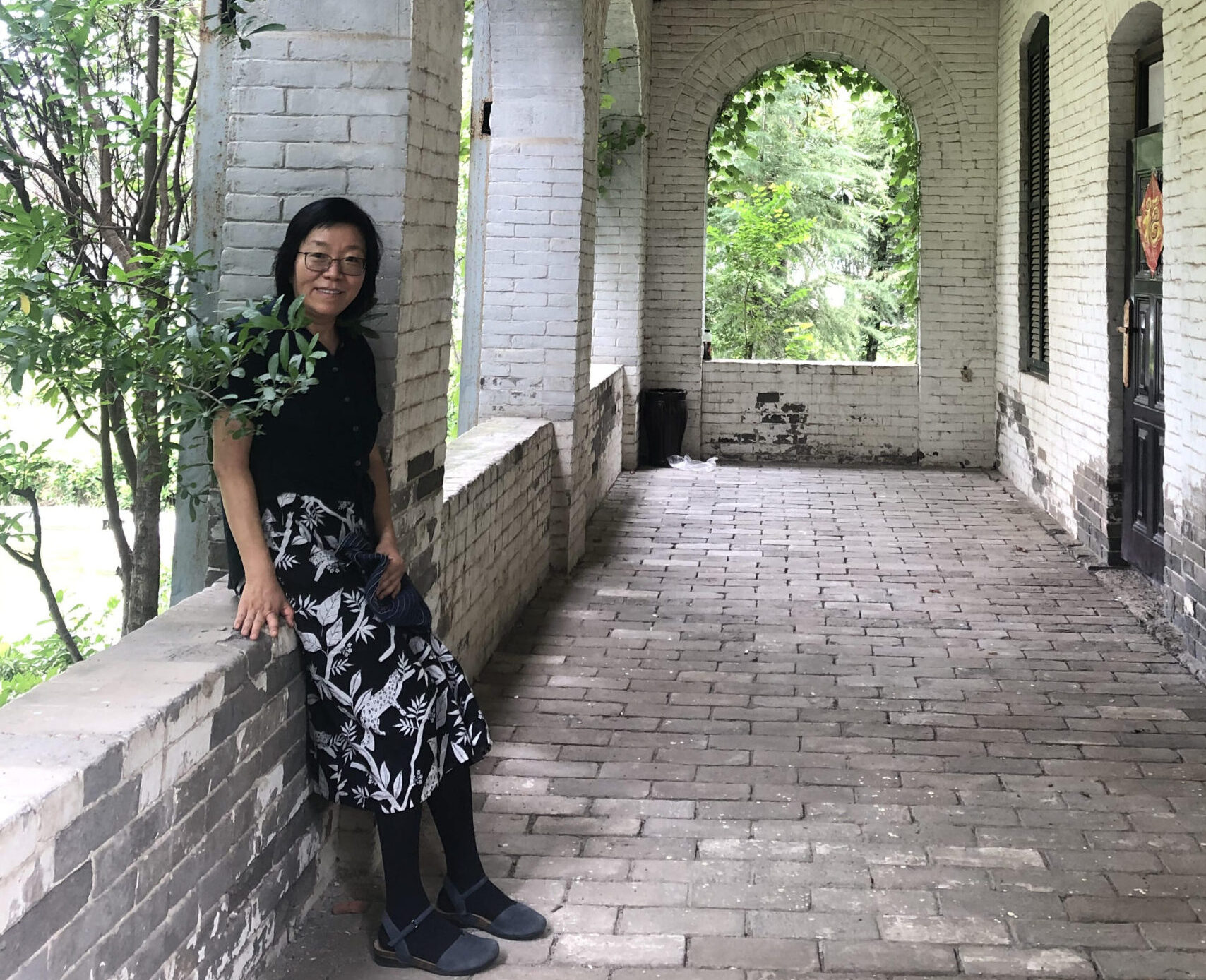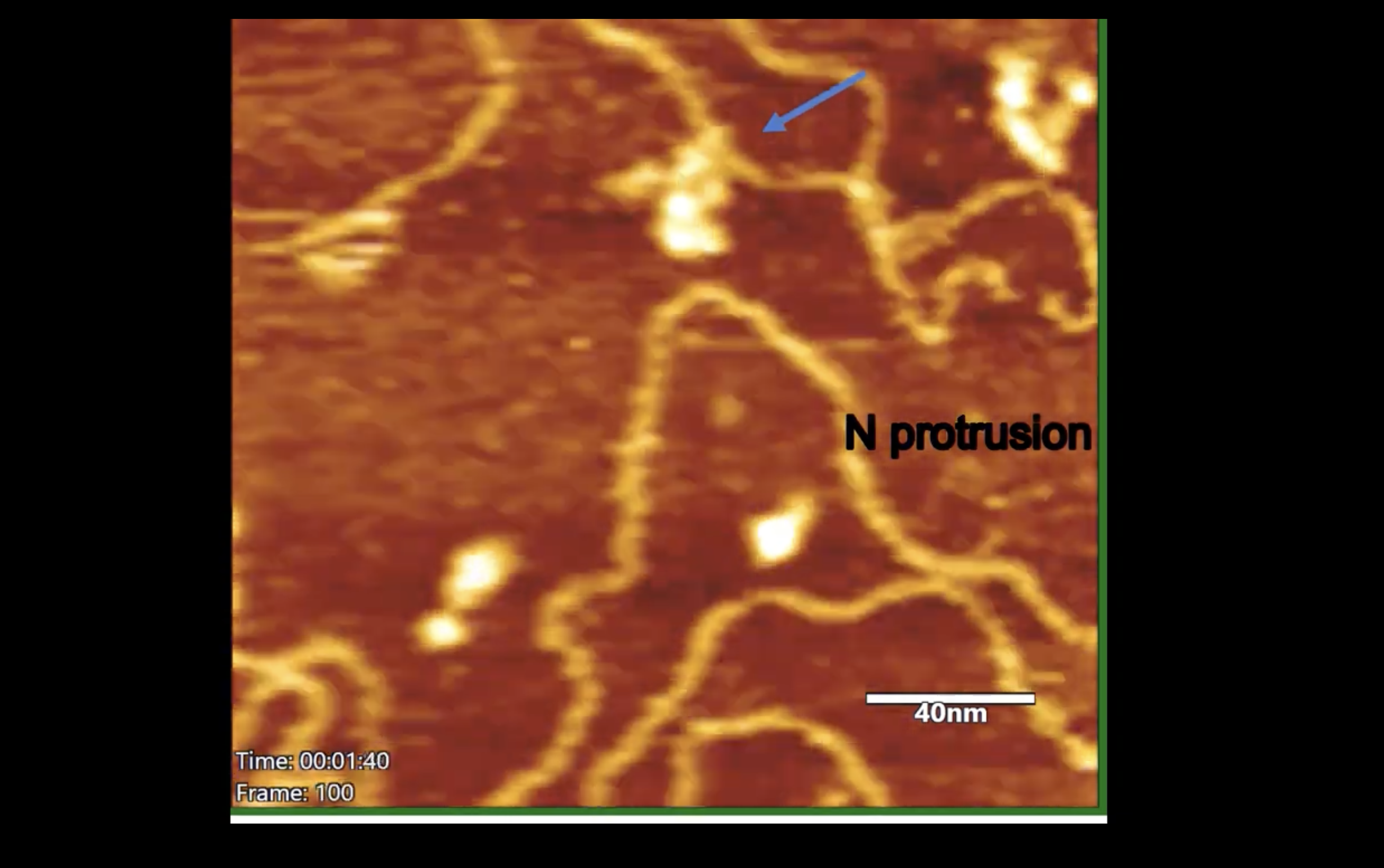GGA Faculty Spotlight: Hong Wang on Career Detours and Outlooks on Science

Growing up while China was still mostly closed to the world, Hong Wang found inspiration from small picture books about fascinating stories of famous western and eastern scientists, including Marie Curie, Edward Jenner, Galileo Galilei, Li Shizhen, and Hua Tuo, who dared to ask paradigm-shifting questions and push the boundaries of our human knowledge. However, like many, she took many detours to find her place in the field of science and to develop the self-assurance to ask new questions. While it is easy to get caught up in the pressures of academia, Wang reminds us to reflect on the sense of wonder at the heart of scientific discovery.
Hong Wang grew up in China in a compound that was once a hospital established by Canadian missionaries a hundred of years ago, instilling in her a fascination with biology. Her father, who worked in the hospital, encouraged this interest by bringing back those books from his work trips. From these stories, Wang developed an interest in both physics and biology, though she had difficulty imagining a path for herself in this field that seemed so out of reach.
Wang eventually went on to study material science both for her Bachelors of Science at Zhejiang University in China and for her Ph.D. at the University of North Carolina at Chapel Hill. Wang describes this time as a long, yet necessary, detour on the way to her current field of study as her background in physical science helped to build a quantitative foundation for her Biophysics research. Although ultimately Wang moved away from material science, graduate school instilled a confidence in her ability to think critically, just like the scientists she read about as a child.
“I was a very good student, I followed everything diligently, but I was lacking one key skill in science when I started research, which was the skill to question current knowledge” Wang remembers. “[In school], we would follow a standard test knowing that there will be an answer to every question. But in reality, when we start a new research area there is no standard answer lying before us, we have to find our own path by first asking the right questions.”
While completing her Ph.D., she worked in the lab of Dr. Dorothy Erie where she began working on atomic force microscopy (AFM), producing images of DNA and proteins at nanometer resolutions. This area of research allowed Wang to combine two of her earliest passions, physics and biology.
“[The AFM images] really struck me, because I saw that that was something alive,” Wang remembers. “The best part about single molecule imaging is that we can see each individual molecule and how they interact with each other. That is the fundamental unit of life.”
Wang is passionate about the potential of single-molecule imaging to enable scientists to ask further questions about molecular processes and to gain new insights on the mechanisms at the center of life itself.
“I hope the public, through our work, can see the connection of humans with each other, we can look beyond our skin and race and see how much in common genetically we are. And understand how we, as humans, are part of nature and how we are shaped by our environment.” Wang says. “Through our work we can see life is a miracle and it is also fragile.”
Looking back on her career, Wang reflects on what comforted her during times of transition between undergraduate to graduate school, grad school to postdoc, and postdoc to her tenure track position. “More and more I find myself going back to my upbringing. Recently, I have begun to read more Chinese literature and philosophy from the Chinese Collection at Hill Library… There is a treasure trove of Chinese Poems. There is one poem from a famous poet, Su Shi of the Song Dynasty. There are four lines in the text of “Ode to the Red Cliff”:
‘Besides, in this universe, everything has its rightful owner. If something does not belong to you, then you shall not even have a bit of it. Only the refreshing breeze on the river and the bright moon over the hills are an exception. If you can hear it, it is a sound to you; if you can see it, it is a view to you’” (Shi).
“It makes me think about doing science, we struggle a lot getting funding and getting papers published but at the end of the day, those are outside factors.” Wang remarks. “What we, the scientists, can take away is the joy of seeing the wonders of life. I see young people experience more stress pursuing this career path compared to what I went through. I would like to see the younger generation enjoy the process more and discover the wonder of science.”
- Categories:
